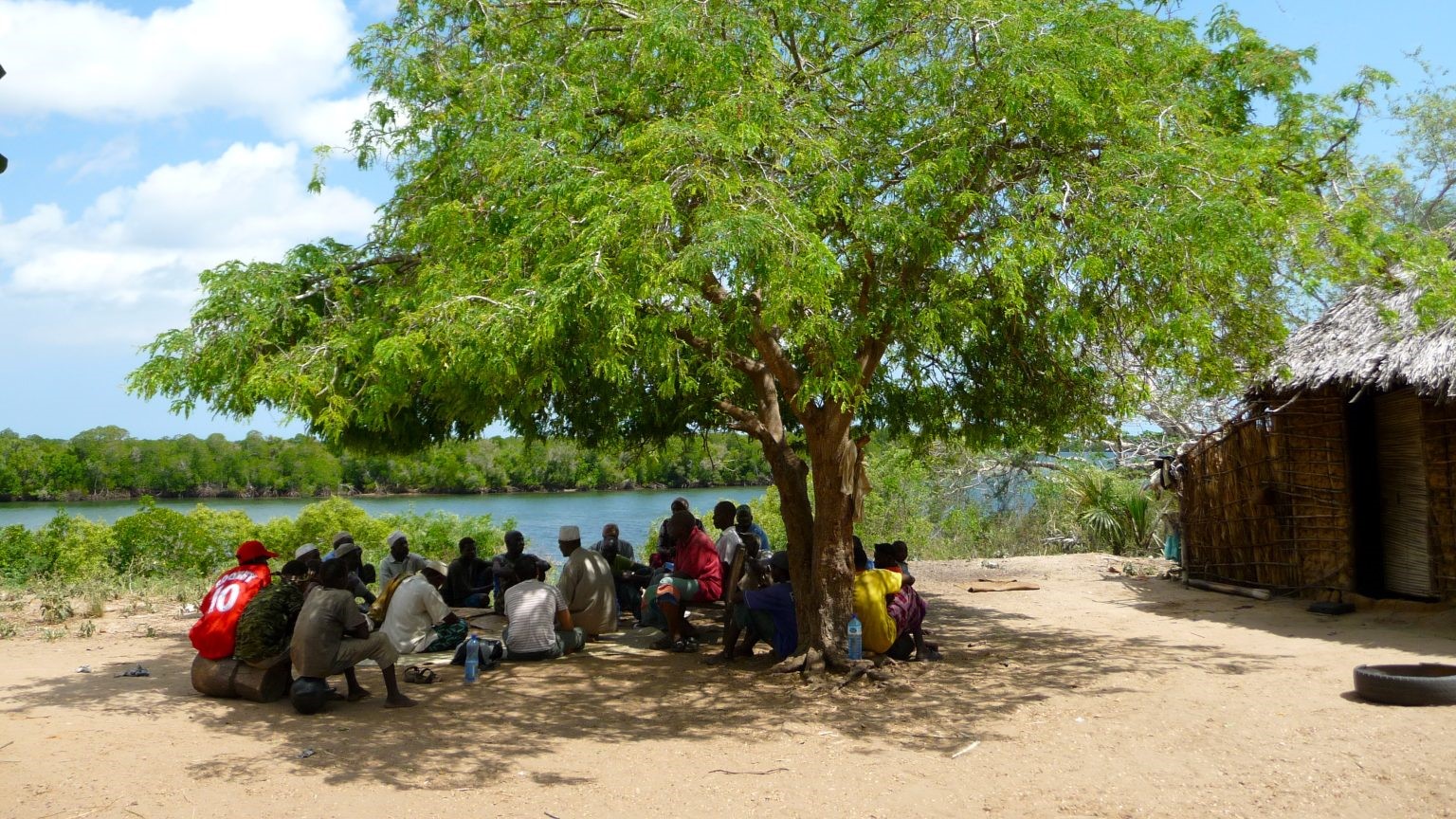The UNGA Declaration focuses on tackling the three planetary crisis issues: climate change, pollution, and biodiversity loss. This blog by Natural Justice illustrates how the Declaration recognizes that these threats are interlinked and need to be collectively resolved to ensure the realization of the right to a clean, sustainable and healthy environment.
First published on 09/08/2022, and last updated on 09/30/2022
By Dale Pascal, Legal Fellow: Kenya, Natural Justice (ICCA Consortium Member)
On 28 July 2022, the United Nations Assembly declared that the right to a clean, healthy and sustainable environment is a universal human right. (the “UNGA Declaration”). This momentous UNGA Declaration came at a time when there is a global shift, and recognition of environmental rights to be defined as a human right. This resolution, though not legally binding on any country, is expected to be a catalyst for action and to empower ordinary people to hold their governments accountable.
The UNGA Declaration focuses on tackling the three planetary crisis issues: climate change, pollution, and biodiversity loss. In doing so, it recognizes that these threats are interlinked and need to be collectively resolved to ensure the realization of the right to a clean, sustainable and healthy environment. Essentially the UNGA Declaration recognizes that the impact of climate change, the unsustainable management and use of natural resources, the pollution of air, the unsound management of chemicals and waste, and the resulting loss in biodiversity interfere with the enjoyment of this right.
Within an African context, particularly sub-Saharan Africa, the right to a clean and healthy environment is not new. This right has been included in the organic laws of different countries. In Kenya, for example, Article 42 of the Constitution provides that every person has a right to a clean and healthy environment and to have their environment protected for the benefit of the present and future generations through legislative measures contemplated under Articles 69 and 70. Article 69 provides for the state’s obligations concerning the environment, whereas Article 70 enforces these rights. Further, Article 70(3) grants the locus for bringing claims before the court to anyone, and they need not demonstrate that they have suffered loss or damage.
The Constitution of South Africa also guarantees the right to a clean and healthy environment. Section 24 provides for the protection of the environment towards ensuring the health and well-being of individuals. The Constitution further provides a range of positive obligations the government must proactively take to ensure the realization of this right. Those obligations include adopting progressive policies, resource allocation, planning and expenditure. The importance of the provisions of this section was buttressed by the High Court in South Africa in the case of Trustees for the time being of Groundwork Trust and Another v Minister of Environmental Affairs and Others, where the court recognized the poor air quality in South Africa’s Mpumalanga Highveld region as a breach of residents’ constitutional right to a healthy environment.
In Nigeria, the constitution stipulates under section 20 that the state shall protect and improve the environment and safeguard Nigeria’s water, air, land, forest and wildlife. This provision aims to safeguard the right to a clean and healthy environment. However, the enforceability of this section is hampered since section 6(6) of the constitution has been construed as denying the court the power to adjudicate on any issue having to do with the enforceability of the provision of section 20 of the Constitution.
Despite the inclusion of this right to a clean and healthy environment within the laws of African countries, the applicability of these laws has been diminished. This is largely due to industrialisation and rapid development, which has been prioritised at the expense of the right to a clean and healthy environment. Secondly, the lack of enforceability, as seen in Nigeria, hinders realising this right. The right is referred to within their Constitution, but there are no enforceability mechanisms. Lastly, most countries lack the requisite resources to set up institutions like environmental management authorities to monitor, manage and coordinate environmental issues to realise the right to a clean and healthy environment.
The right to a clean and healthy environment is not a new concept in Africa. Sadly, most African governments prioritizes economic development at the expense of this right. This UNGA Declaration is a critical reminder that will revive and amplify the need for sustainable development in the continent.
Originally published on Natural Justice’s website
